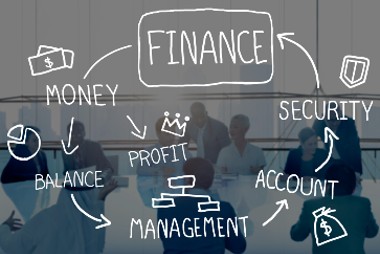Money and Relationships: Building a Strong Financial Foundation Together
Financial disagreements are a leading cause of relationship strain. However, couples who proactively manage their finances and set shared goals often enjoy more harmonious and enduring partnerships. Drawing from Naomi Rosenthal's insights in Money & Life, here are key strategies…










